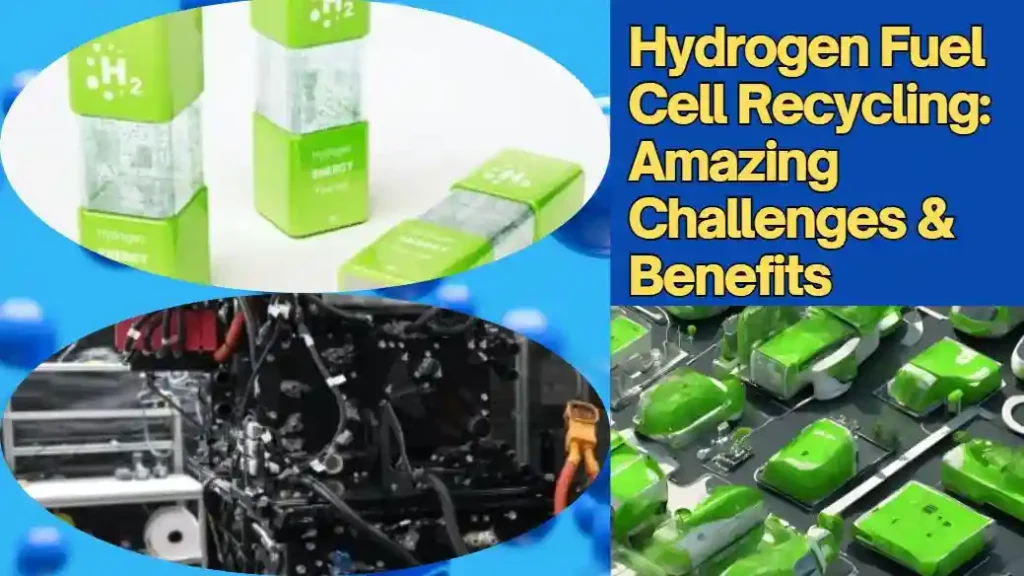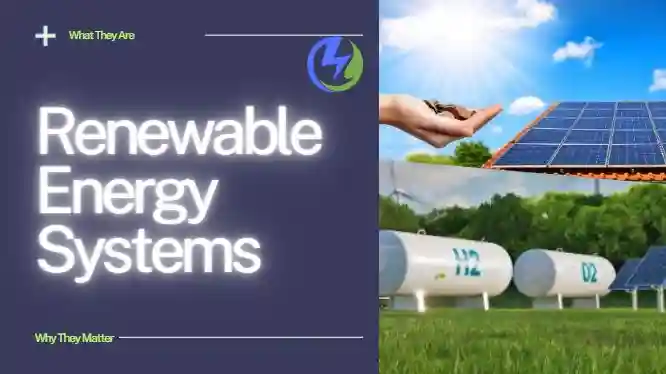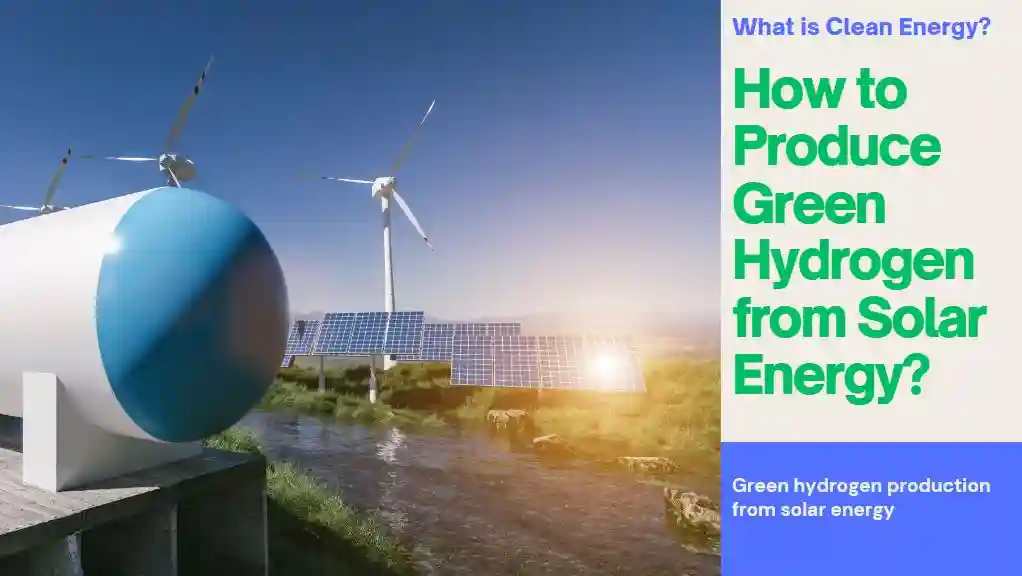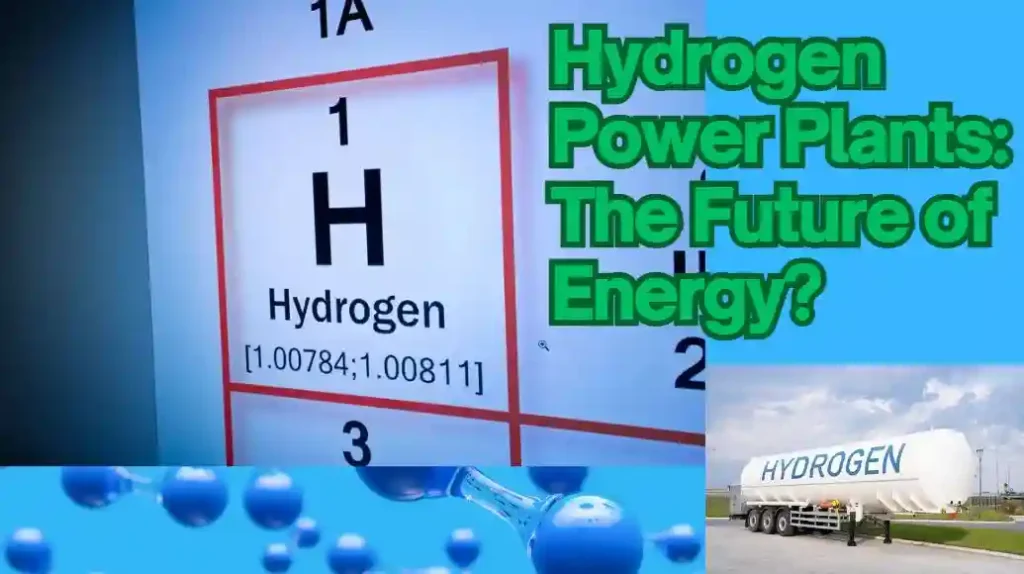Hydrogen fuel cells are a promising alternative to traditional fossil fuels. They are environmentally friendly and can power a wide range of applications, from cars to homes. However, like all technologies, they have their drawbacks. One of the biggest challenges facing the widespread adoption of hydrogen fuel cell recycling.
Hydrogen Fuel Cells

Hydrogen fuel cells are a type of electrochemical cell that converts the chemical energy of hydrogen and oxygen into electrical energy. They are a clean and efficient source of power, producing only water and heat as byproducts. However, producing and disposing of hydrogen fuel cells can have negative environmental impacts. Recycling is one way to mitigate these impacts.
The Challenge of Recycling Hydrogen Fuel Cells

- Hydrogen fuel cells contain a variety of materials, including metals, polymers, and ceramics, which can be difficult to separate and recycle.
- Many fuel cells contain precious metals such as platinum, which are expensive and difficult to extract.
- Recycling hydrogen fuel cells is a complex and expensive process.
Current State of Hydrogen Fuel Cell Recycling

Despite the challenges, progress is being made in the field of hydrogen fuel cell recycling. Researchers are developing new methods for separating and recovering materials from fuel cells. For example, some researchers are exploring the use of bacteria to break down the polymers in fuel cells, making them easier to recycle. Others are developing new techniques for recovering precious metals such as platinum.
Benefits of Hydrogen Fuel Cell Recycling

Recycling hydrogen fuel cells offers several benefits, including:
- Reducing the environmental impact of producing and disposing of fuel cells.
- Conserving natural resources by recovering valuable materials such as platinum.
- Reducing the cost of producing new fuel cells by providing a source of recycled materials.
In addition, recycling hydrogen fuel cells can help promote the circular economy by keeping materials in the manufacturing loop until they are no longer usable. This significantly reduces resource exploitation and ecosystem destruction.
Conclusion
Hydrogen fuel cells are a promising technology that can help reduce our dependence on fossil fuels. However, to make hydrogen fuel cells a truly sustainable option, we must address the issue of recycling them. While there are challenges to recycling hydrogen fuel cells, progress is being made in the field. By continuing to develop new methods and techniques, we can create a more sustainable future for ourselves and the planet.
In summary, recycling hydrogen fuel cells is an important step towards a more sustainable future. It has the potential to reduce the environmental impact of fuel cell production and disposal, conserve natural resources, and reduce costs. While there are challenges to overcome, researchers are making progress in the field of hydrogen fuel cell recycling.




